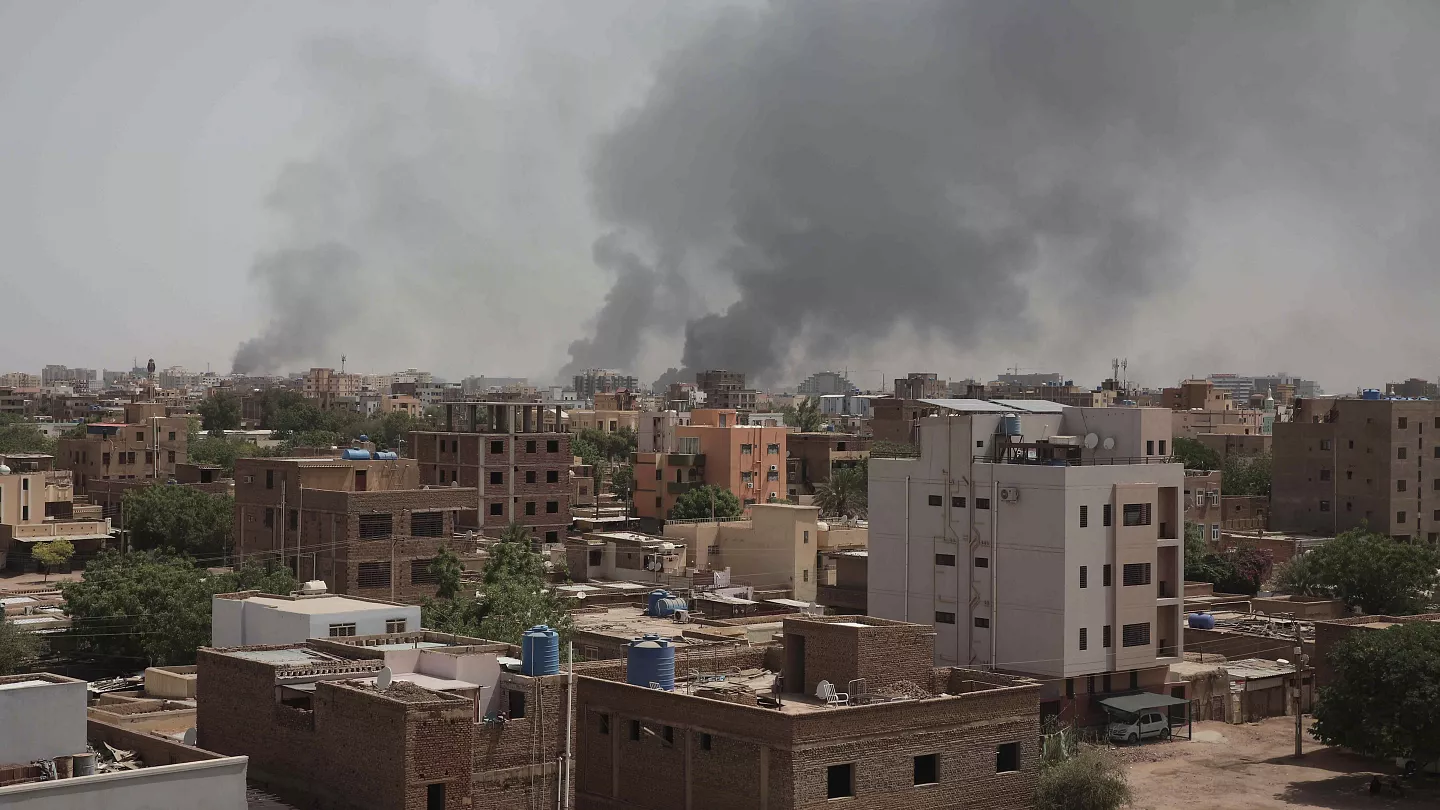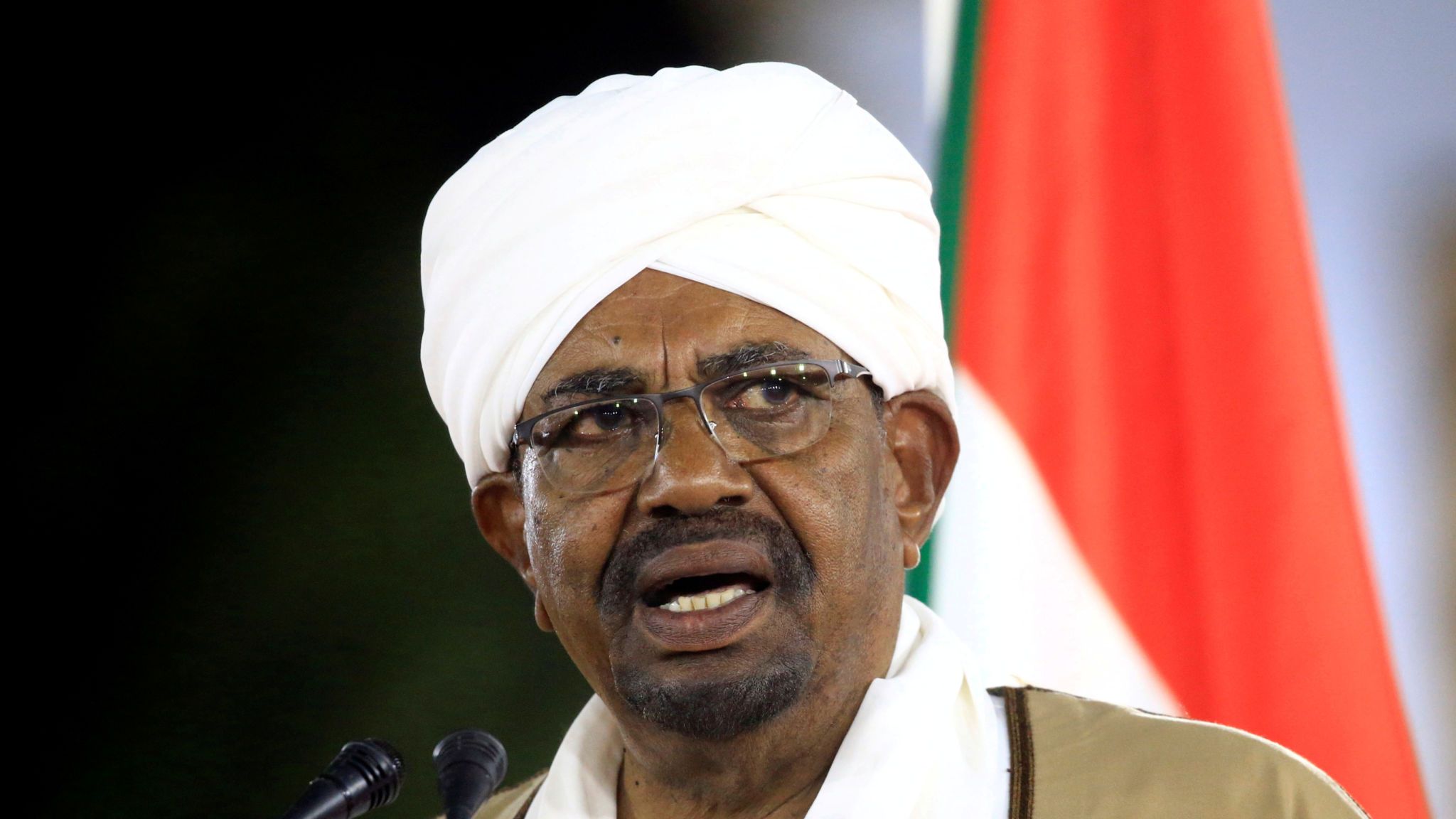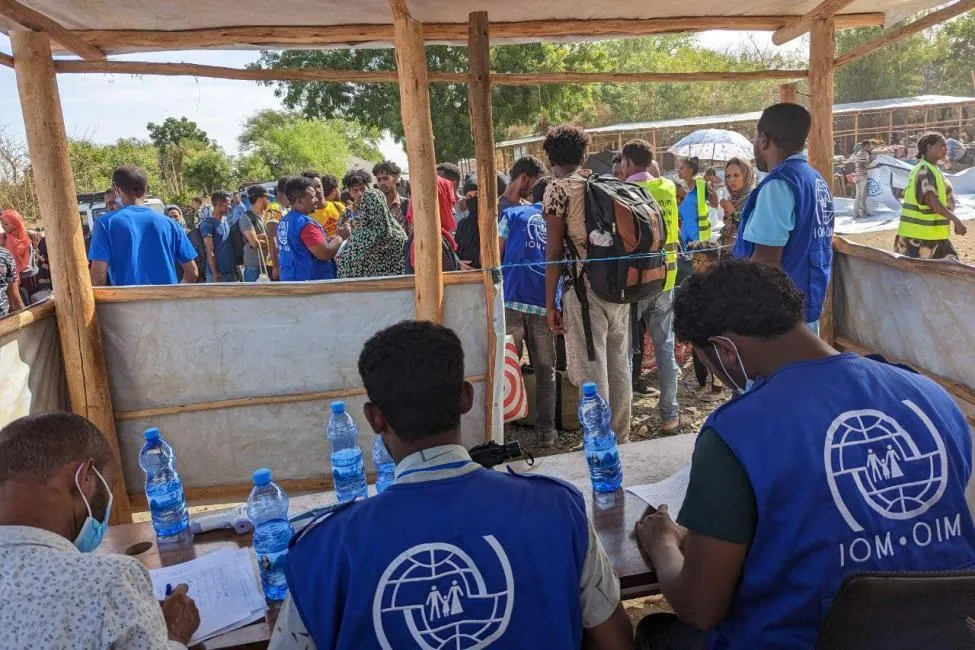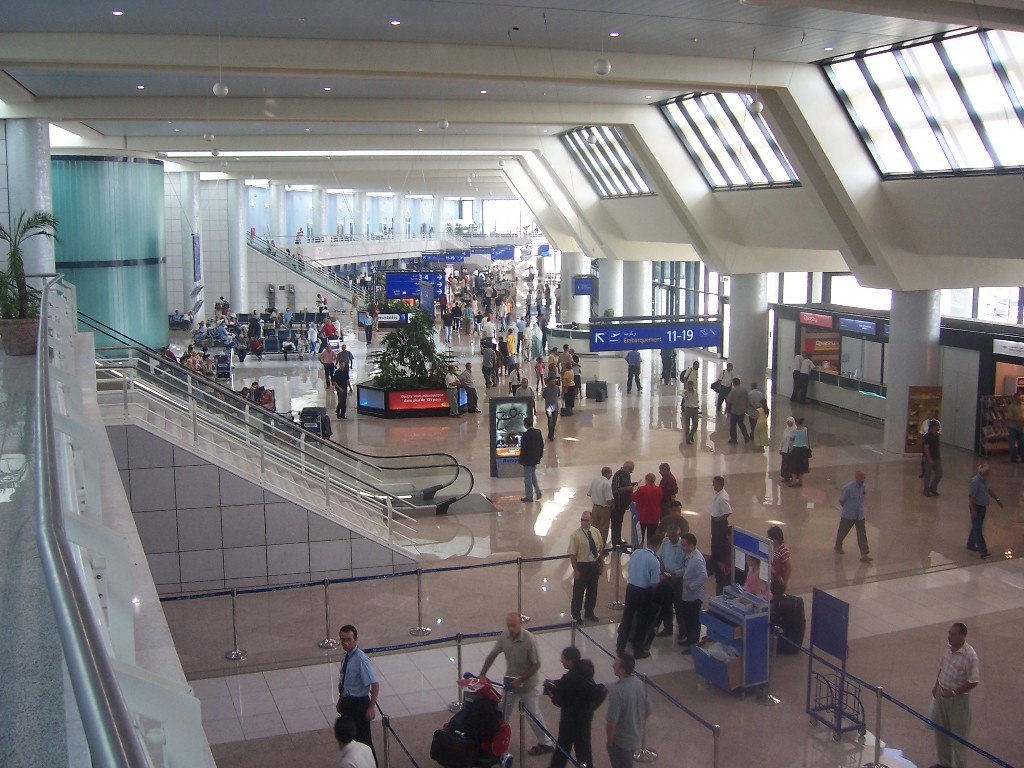Sudan’s neighbors increasingly worried as clashes continue
The conflict raging in Sudan, which lies in an unstable region bordering the Red Sea, the Sahel and the Horn of Africa, is sending jitters across the wider region and worrying neighbors as well as the United States and the European powers for security, economic and geopolitical reasons.
Actually, the shockwaves of the war in Sudan have already spread beyond the country’s borders. A wind of anxiety, mixed with growing unease, is now blowing through its neighbors, against the background of a mass exodus. Tens of thousands of civilians are trying to flee the fighting by way of the Red Sea in the east, Ethiopia in the south, Egypt in the north or across the western border into Chad.
What’s at stake for Sudan’s immediate neighbors and other states in the region? Egypt, which relies — like Sudan — on the Nile for fresh water, is concerned about threats to its supplies from the Grand Ethiopian Renaissance Dam (GERD) project upstream on the Blue Nile. The two nations have pushed to regulate the Ethiopian dam’s operation. Any tension in ties between Cairo and Khartoum could disrupt their efforts to secure a deal.
Libya is watching closely the evolving crisis in Sudan because Sudanese mercenaries and militia fighters have been active on both sides of the civil conflict that split Libya after 2011. Sudan has also been a departure point and a transit route for migrants seeking to head to Europe via Libya.
Chad mainly worries about the crisis in Sudan spilling across the border to areas where it hosts the refugees, most of whom are from Darfur.
Wealthy Gulf Arab states have seen the transition from Bashir’s rule as a way to roll back Islamist influence and stabilize the region. Their investors may worry about their deals in Sudan ranging from agricultural projects, where Sudan holds vast potential based on large irrigated areas, to an airline and strategic ports on its Red Sea coast.
Five of Sudan’s seven neighbors — Central African Republic, Chad, Ethiopia, Libya and South Sudan — have faced political upheaval or conflict themselves in recent years. South Sudan, which seceded from Sudan in 2011, may worry about exports of its oil output of 170,000 barrels per day via a pipeline through its northern neighbor, though analysts say neither side in Sudan’s conflict has an interest in disrupting those flows.
Since April 15, all attempts to stop the clashes between the Sudanese Armed Forces (SAF), led by General Abdel Fattah al-Burhan, and the paramilitary Rapid Support Forces (RSF), led by General Mohammed Hamdan Daglo, known as “Hemedti,” have failed. Civilian casualties are increasing daily, with more 500 dead and several thousand wounded, according to the Sudanese Ministry of Health.



